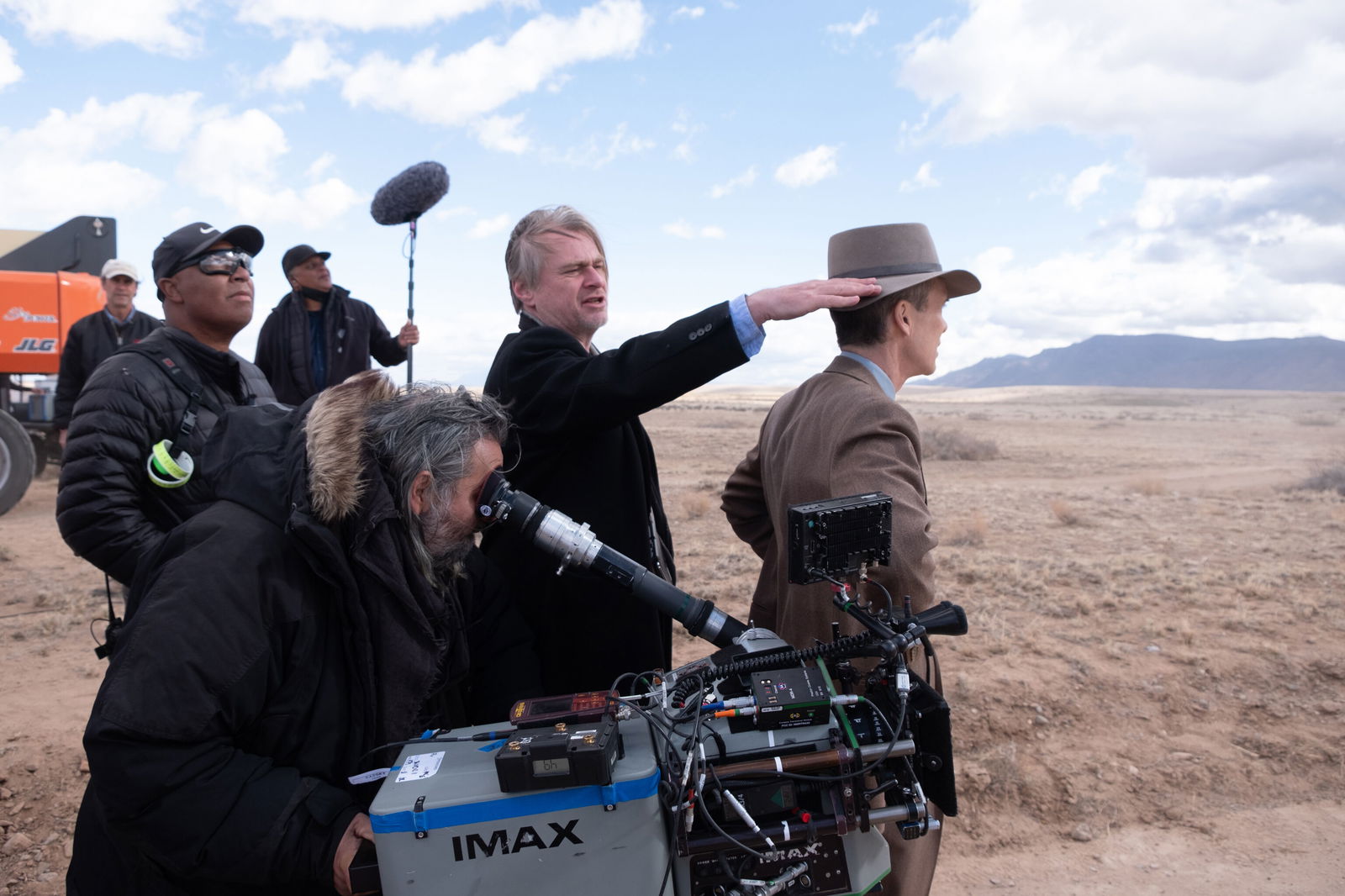Christopher Nolan’s Dark Knight trilogy accomplished
the near impossible, delivering a complete and satisfying superhero saga on its
terms. Unlike other series that lost their way or were handed off, Nolan’s
films were a succession of critical and commercial triumphs. They bridged the
gap between blockbuster spectacle and prestige cinema, becoming rare
achievements that garnered both box office domination and serious Oscar
consideration. Nolan’s vision, with its grounded realism and exploration of
complex themes, cemented the trilogy’s legacy as a defining moment in modern
film.
Building on this origin, the film expertly crafted a
believable and gritty world for its hero. The ranking begins with the film that
laid the foundation for the trilogy.
Batman Begins (2005)
ADVERTISEMENT
Article continues below this ad
The film broke new ground by providing a definitive origin
story, showing how Bruce Wayne’s childhood trauma shaped him into a hero. With
a non-linear structure, it detailed his training and the development of his
moral code. The film’s new approach was to focus on Batman as a symbol of hope,
not just a vigilante.
Christopher Nolan’s brilliant casting and commitment to
realism created a Gotham City that felt authentic. The electrifying training
scenes with Ra’s al Ghul were a standout, and Cillian Murphy delivered a
delightfully evil performance as the Scarecrow. The film’s intricate
world-building set the stage for the entire trilogy.
Christopher Nolan’s concluding film in the Batman trilogy
presented a very different, yet equally compelling, challenge for the hero.
The Dark Knight Rises (2012)
Christopher Nolan concluded his saga with a Shakespearean epic that
grappled with the fate of Gotham City. The film brought Bruce Wayne
out of retirement to face Bane, a physically imposing and psychologically
complex villain. The story centered on Bruce’s internal struggle to believe in
Batman’s purpose, making his return both a physical and emotional challenge.
The film’s grand ambition was both its greatest strength and
its primary point of criticism. While Tom Hardy’s performance as Bane was convincing,
the plot was sometimes complex and crowded with characters. The entry of Talia
al Ghul in Christopher Nolan’s The Dark Knight Rises is a major plot
twist. For most of the film, the character is known to the audience as Miranda
Tate, a wealthy philanthropist and businesswoman who becomes a romantic
interest for Bruce Wayne.
While some elements were points of contention, the trilogy’s
true victory lies in its undisputed masterpiece. Finally, the masterpiece that
redefined the superhero genre forever.
The Dark Knight (2008)
This film is widely considered one of the most important in
modern American cinema, as it completely reshaped audience expectations for a
superhero story. Blurring the lines between a comic book adaptation and a crime
thriller, the film explored themes of escalation and the endless cycle of
conflict. Its weighty ideas about politics and morality cemented its
legacy.
The film’s success is forever tied to Heath Ledger’s wow
performance as the Joker, a genuinely terrifying and complex antagonist whose
motivations were kept deliberately vague. The tragic arc of Harvey Dent was
equally compelling, showcasing how even good men can be broken. Every element
of this masterpiece clicks perfectly.
This cinematic excellence is a major reason for the
trilogy’s lasting impact.
Why Christopher Nolan’s Batman Trilogy still holds up today
Christopher Nolan’s The Dark Knight trilogy stands as
a landmark in cinematic history, distinguished by its immense cultural impact
and commercial success. Grossing over $2 billion worldwide and receiving
widespread critical acclaim, the franchise’s prominence has prompted extensive
analysis from both critics and fans. The specific elements that set Nolan’s
portrayal of Batman apart, exploring the nuanced layers he injected into his
films, drawing from fields ranging from psychoanalysis to political theory.
The discourse on the trilogy’s popularity is multifaceted,
focusing on both realism and fidelity to the source material. Christopher
Nolan’s Dark Knight trilogy endures today due to its revolutionary,
grounded approach to the superhero genre. Unlike its fantastical predecessors,
Nolan’s films treated the Batman mythos as a serious police drama, showing
details into the psychology of its characters and the complex morality of its
world.
Collider’s ratings reflect the enduring legacy of
Christopher Nolan’s Dark Knight trilogy, with The Dark Knight Rises
(2012) earning a strong 8.4/10 and Batman Begins (2005) receiving a
solid 7.9/10. While the specific Collider rating for The Dark Knight
(2008) is not directly cited in colliders, it enjoys the highest acclaim of the
trilogy, with an average of 9.1/10 rating
on IMDb, reflecting its status as the most celebrated film of the series.
ADVERTISEMENT
Article continues below this ad
Ultimately, the enduring success of Christopher Nolan’s Dark Knight trilogy stems from its unique fusion of ambitious storytelling and grounded realism. The film is not only delivered thrilling action and unforgettable characters but also provoked deep thought on politics, morality, and the human condition. By elevating the superhero genre to a new level of cinematic and cultural relevance, the trilogy cemented its legacy as an unrepeatable masterpiece that continues to influence filmmaking today.
ADVERTISEMENT
Article continues below this ad
What is your favorite movie and why from the Dark Knight
trilogy? Let us know in the comments below.









